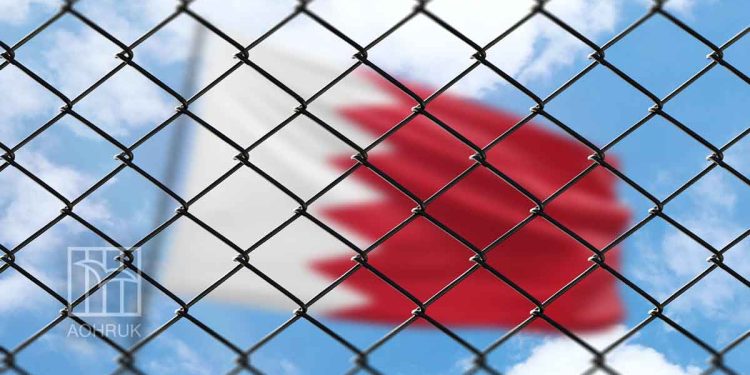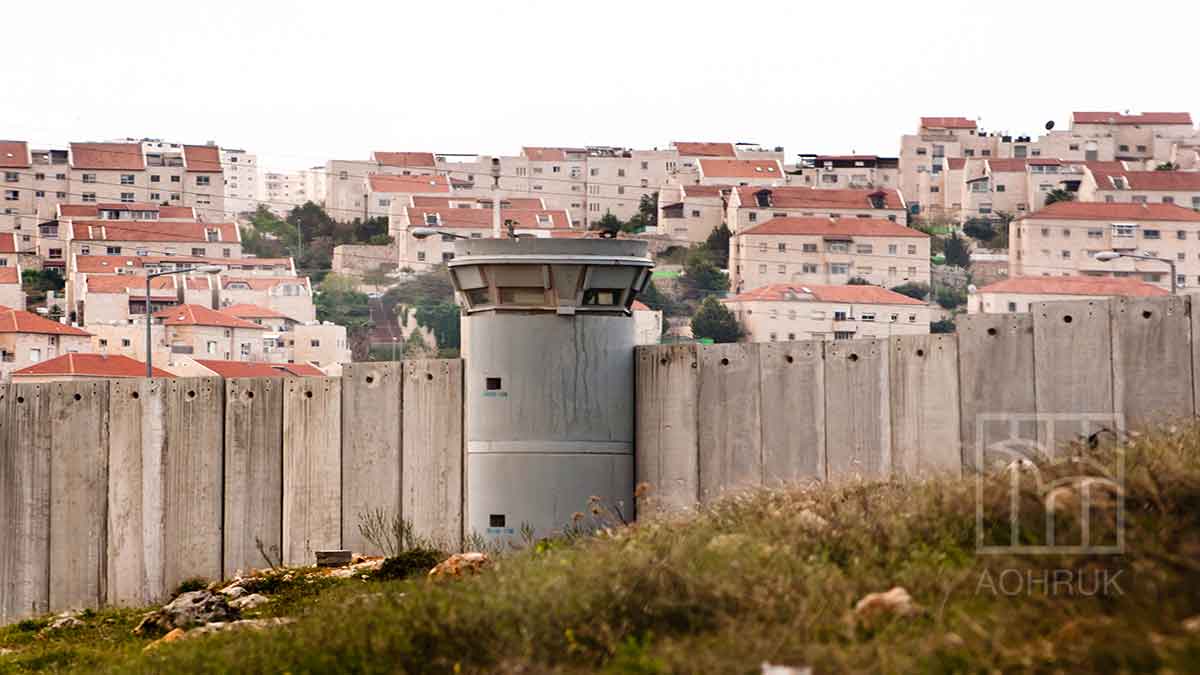Family members of several prominent political prisoners in Bahrain have been arrested by regime authorities after they took part in protests calling for the prisoners’ release.
Among them were Jaffar Ramadan and Ramadan Issa, relatives of Mohamed Ramadan, who were taken for questioning on 6 April. They had both been involved in a small protest calling for Ramadan’s release, claiming that he had been sentenced to death on fraudulent charges of bombing a convoy and killing a police officer in a village to the north-east of the capital Manama, el-Deir, in 2014.
After the two were released following questioning, they were summoned again early on 9 April, with Jaffar arrested and charged with numerous crimes, including participating in an illegal gathering. Jaffar claims not to have been present at one of the rallies he is charged with attending.
Gatherings of more than five people without a license are illegal under Bahraini law.
In an indication that the charges were meant as a warning to others thinking of taking part in protests, on 9 April the office for public prosecution stated that the maximum sentence for unlicensed gatherings had been raised to three years imprisonment with a fine of 5,000 dinars ($13,000).
Authorities also summoned three bothers from the village of Karbabad, in the north of the country, on 7 April for attending a sit-in protest in solidarity with their detained brother, Mohammed al-Daqqaq.
There are concerns over the health of Mohammed al-Daqqaq, who was born with one kidney and has sickle cell anemia, which will require a splenectomy.
Yunes al-Daqqaq was called to a police station in a Manama suburb and was ordered to call his brothers, Yasser and Anwar, to also attend the interrogation. Yasser later claimed he was questioned about allegations of attending an illegal gathering.
Bahrain has seen regular protests for the past ten years, since the Arab Spring reached the country in February 2011. The regime, however, has used threats and imprisonment to crack down on such examples of dissent.
Part of this crackdown saw Bahrain’s parliament introduce new laws in 2017, which allow civilians to be tried at military tribunals – a move widely criticised by human rights groups internationally.






























